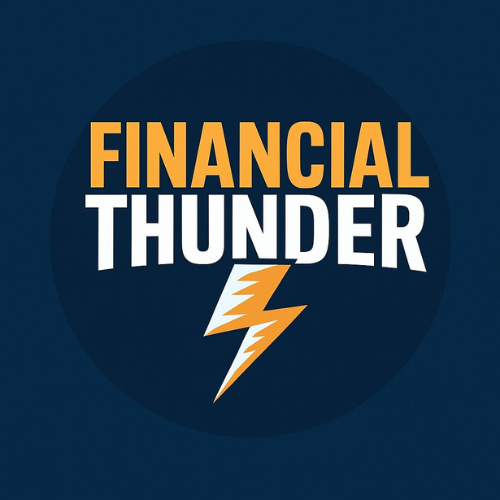Nobody likes to think about losing a job, but being caught off guard is way worse. The good news? A little planning now can save you a ton of stress later. Whether you’re feeling iffy about your current role or just want to be ready for anything, getting your finances in order before a job loss makes a huge difference. Here’s how to quietly prep for a storm without going full panic mode.
Build a Just in Case Fund
Emergency funds aren’t just for broken water heaters. If you suddenly lost your job, how long could you cover rent and groceries? Aim to stash at least three months of basic expenses—six if you can swing it. Start small and automate what you can. Even $20 a week adds up faster than you think.
Know Your Monthly Musts
Get super clear on your essential expenses—rent, food, insurance, and minimum debt payments. If you know your monthly “bare bones” number, you’ll feel more in control during any gap. This also helps you see where you could cut back if things got tight. Think of it as your financial survival mode plan.
Slash the Low-Hanging Bills
Now’s the time to cut what you won’t miss—streaming services you forgot about, unused app subscriptions, or that gym you haven’t stepped in since 2021. These small leaks drain your budget without much payoff. Freeing up that cash now means more padding if things go sideways later.
Use Your Insurance While You Have It
If your job comes with health benefits, now’s the time to take care of checkups, prescriptions, dental work—whatever’s been sitting on your to-do list. You’ll want to avoid big out-of-pocket costs if your coverage lapses. Use it while it’s yours, especially if things feel uncertain at work.
Update Your Resume and LinkedIn
This one isn’t directly about money, but it totally affects how long you might go without a paycheck. Make sure your resume, LinkedIn, and portfolio are up to date. Reach out to a few contacts while you’re at it. You’ll feel way more confident if you’re already halfway job-search ready.
Learn About Unemployment Benefits
It’s not fun to think about, but it’s smart to know how your state handles unemployment. Check how to apply, how long it takes, and what benefits you’d qualify for. That way you won’t waste time figuring it out later if you suddenly need it. Prep now, breathe easier later.
Pause Big Purchases
Now’s not the time to finance a new couch or commit to a pricey vacation. If your income suddenly stops, you’ll want as few obligations as possible. Put off anything nonessential until you feel more stable. Think of it as buying peace of mind, not just skipping stuff.
Boost Your Side Hustle or Skills
If you’ve got a freelance gig, Etsy shop, or weekend hustle, now’s the time to give it some love. Even an extra $100 a month helps. If you don’t have a side income yet, consider learning a skill that could help you earn in a pinch. Think tutoring, editing, or selling that pile of unused stuff in your closet.
Talk to Your Partner or Roommates
If you share expenses with someone, have a quiet chat now, not in a panic later. Figure out what would change if one of you lost income. Could you split groceries differently or pause shared subscriptions? Team planning always beats solo scrambling.
Make a Plan You Can Actually Use
Write it down. A real plan—with savings goals, spending cuts, and steps to take if the job goes away. Keep it in a note on your phone or tucked in a drawer. You might never need it, but knowing it’s there gives you a sense of calm that no budget spreadsheet can top.
Being financially ready for a job loss isn’t about doom and gloom—it’s about feeling steady no matter what. And honestly? That kind of confidence is priceless.

